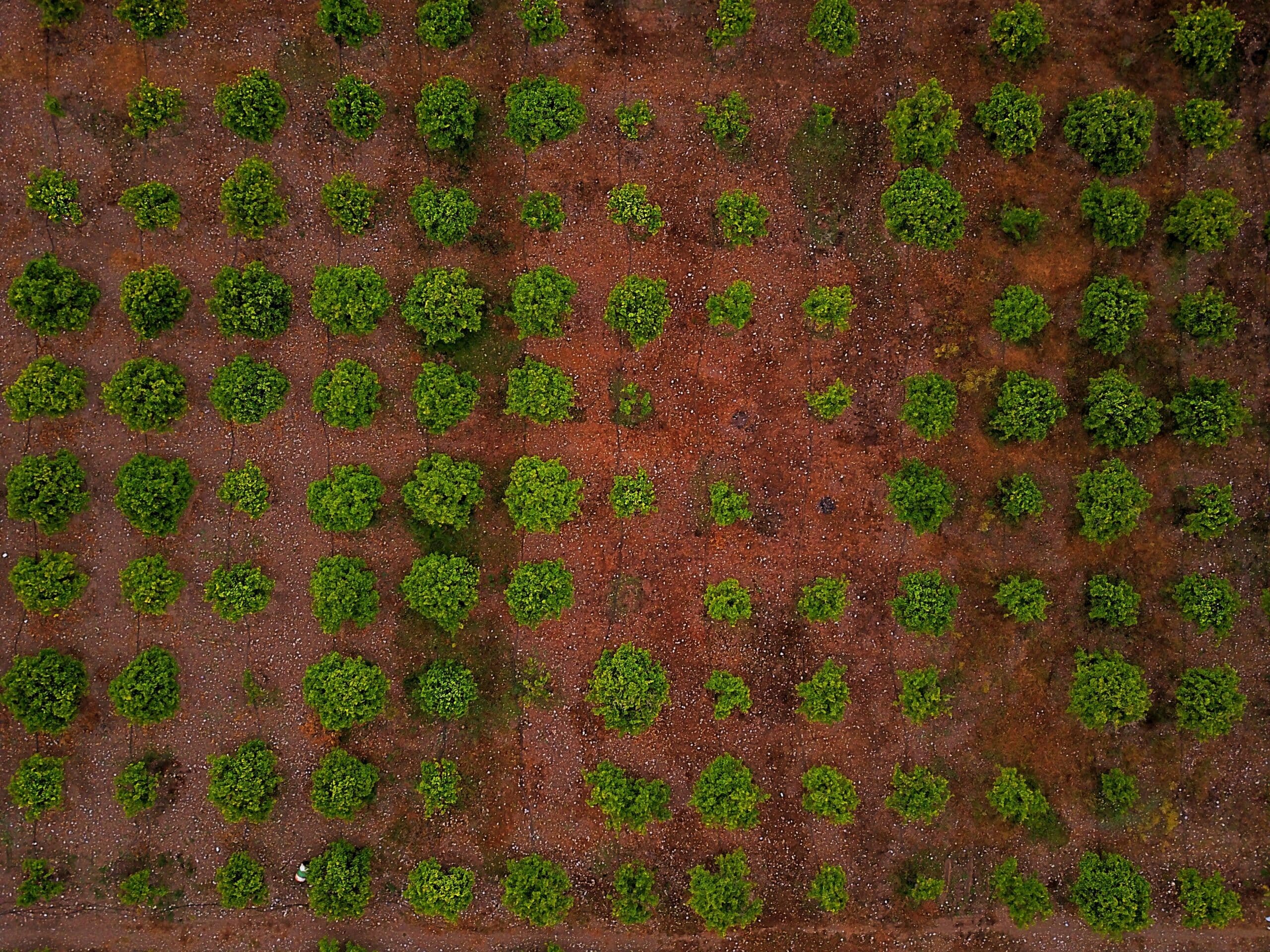Key Takeaways
- FAO and EBRD released the report Digital Technologies for Agriculture in Turkey to explore how AgTech can enhance productivity, sustainability, and resilience in the country’s agrifood sector.
- The report identifies promising AgTech solutions, barriers to adoption, and strategies to scale digital technology uptake.
- Turkey’s agricultural sector, contributing 5.5% to GDP and employing 17% of the workforce, faces challenges such as climate change, resource constraints, and an aging workforce.
- Recommendations include investment in AgTech startups, tailored solutions for small farms, and capacity-building initiatives to support the adoption of AgTech in Turkey.
What is the goal of the report on AgTech in Turkey?
The Digital Technologies for Agriculture in Turkey report, launched by the Food and Agriculture Organization (FAO) and the European Bank for Reconstruction and Development (EBRD), outlines strategies to scale AgTech adoption in Turkey’s agriculture sector. It provides a roadmap to address productivity challenges, improve sustainability, and foster resilience in the country’s agrifood systems.
“Digital technologies, when combined and brought to scale, can transform agrifood systems, making them more resilient and sustainable,” said Mohamed Manssouri, FAO Investment Centre Director.
What challenges does Turkey’s agriculture sector face?
Turkey’s agricultural sector is a cornerstone of the economy, contributing 5.5% to GDP and employing 17% of the workforce. However, it is burdened by:
- Climate change and environmental constraints.
- Economic fluctuations.
- Limited adoption of advanced technologies, especially among small and medium farms.
- An aging workforce that threatens the sustainability of agricultural practices.
The report highlights that high-value sectors like orchards and greenhouse farming are beginning to use precision tools, but small-scale farms face barriers such as cost and accessibility to adopt AgTech in Turkey.
How is AgTech transforming agriculture in Turkey?
AgTech solutions such as smart irrigation, IoT-based soil monitoring, and precision farming tools are gaining traction in Turkey. These technologies help optimize resource use and improve productivity, particularly among larger farms.
The report highlights the need for:
- Tailored solutions for small-scale farmers to access and benefit from AgTech.
- Financial incentives like matching grants for eco-friendly technologies.
- Collaborative approaches that involve farmers in testing and refining digital tools.
“By fostering accessible and impactful AgTech adoption, Turkey can cultivate a thriving digital agriculture sector,” said Iride Ceccacci, EBRD Head of Corporate Sector Advisory.
What are the investment priorities for AgTech in Turkey?
The report underscores the importance of supporting Turkey’s AgTech ecosystem with targeted investments, including:
- Local startups: Enhanced financing and resources for AgTech startups to address sector-specific challenges.
- Blended finance: Funding models that prioritize small farms, women-led agribusinesses, and micro-, small-, and medium-sized enterprises.
- Data integration: Development of a shared data repository with open standards to enable precision farming and improve sector-wide decision-making.
Viorel Gutu, FAO Assistant Director-General for Europe and Central Asia, emphasized, “Financial incentives like matching grants for eco-friendly technologies are essential to drive technology adoption among farmers and value chain actors.”
What is the roadmap for AgTech in Turkey?
The report provides actionable recommendations to foster digital transformation in Turkey’s agriculture sector:
- Building capacity: Knowledge-sharing platforms and training programs for farmers to effectively use digital tools.
- Ensuring quality: Protocols for quality assurance and grievance channels for underperforming technologies.
- Expanding access: Support through initiatives like Turkey’s Tech-InvesTR program to boost AgTech startups.
- Promoting collaboration: Public-private partnerships to develop and scale technologies tailored to Turkey’s unique agricultural landscape.
Read the complete report here.


